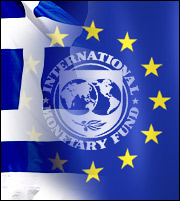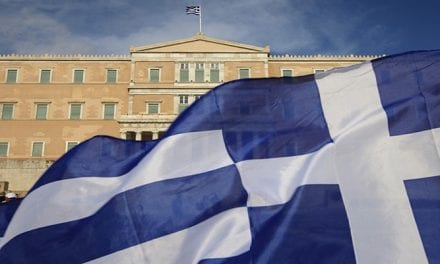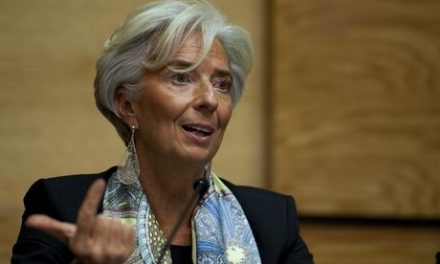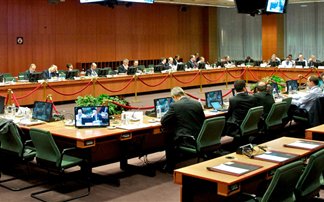Dutch Finance Minister Jeroen Dijsselbloem dashed Greek government hopes of gaining debt relief before European elections in late May, saying the euro area would likely wait until August to take up the matter.
Dijsselbloem, also head of the group of euro-area finance ministers, said they would focus over the next six months on Greece’s eligibility for aid payments under the country’s existing rescue program. Greek Prime Minister Antonis Samaras’s fragile coalition government is keen for extra euro-area support by the time of European Parliament elections May 22-25, asserting Greece posted a budget surplus excluding interest payments last year.
Euro-area finance ministers agreed in November 2012 to “consider further measures and assistance” including debt relief for Greece once it achieves a so-called primary surplus. Eurostat, the European Union’s statistics agency, is due to certify in April whether Greece achieved that goal last year.
“There is absolutely no reason to rush on the basis of the Eurostat figures, which will only come out at the end of April, to rush to a new program or new decisions,” Dijsselbloem told reporters today in Brussels before a meeting of euro-area finance chiefs. “The Greeks will be financed on the conditions of the current program if they fulfill them, they will be financed right up till August. So then in August we’ll talk about the future.”
Political Instability
The timetable risks undermining the Samaras government as it seeks to emerge from a six-year recession, battles 28 percent unemployment and clings to a three-seat majority in the Greek parliament, where the main opposition Syriza party rejects the budget cuts tied to Greece’s international rescue. Recent Greek public-opinion polls have put Syriza in the lead ahead of Samaras’s New Democracy party, raising the prospect of an opposition victory in May’s European legislative elections and of Greek domestic political instability.
German Finance Minister Wolfgang Schaeuble signaled support for Dijsselbloem’s stance, saying “it’s too early” for the euro area to discuss extra aid for Greece.
“We’re doing things step by step,” Schaeuble told reporters today in Brussels.
Since 2010, Greece has received to two rescues with pledges totaling 240 billion euros ($329 billion) from the euro area and the International Monetary Fund in exchange for getting under control spending that triggered the European debt crisis. The country has also undergone the biggest writedown of privately held debt.
Dijsselbloem said the IMF was “on board” with the idea of waiting until August at the earliest for a discussion of extra aid for Greece, which aims to cuts its debt load to 124 percent of gross domestic product in 2020 from a peak of about 175 percent.
“The debt has to be reduced,” he said. “The question is who does it and how to do it.”



















